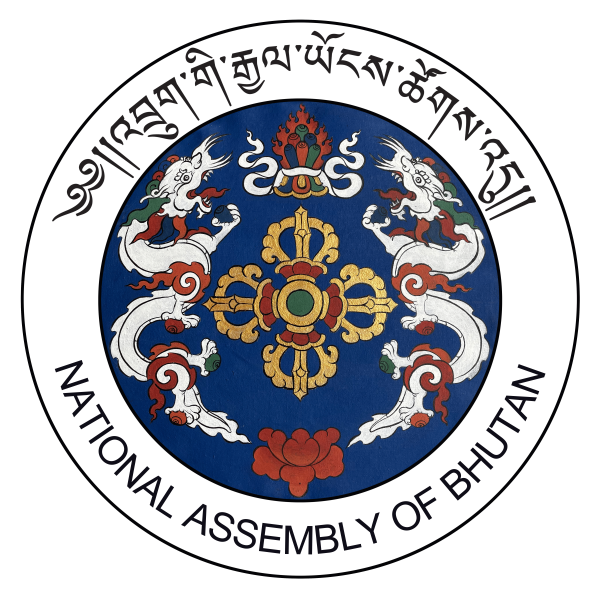
Economic and Finance Committee submits Recommendations on Economic Stimulus Program
The Chairperson of the Economic and Finance Committee, member from Bartsham-Shongphu constituency, presented the seven recommendations and observations on the Economic Stimulus Program (ESP) made by the Economic and Finance Committee today.
The following observations and recommendations were made:
Immediate Disbursement of Remaining ESP Budget (Nu. 10 billion): Considering that only Nu.5 billion (33.33%) of the Nu.15 billion ESP has been disbursed, which is delaying recovery, it is recommended that the government request for immediate disbursement of the remaining Nu.10 billion to accelerate economic recovery. The current tranche-based releases are similar to regular development plans, which are not suitable for addressing urgent economic needs
Focus on High-Return Investments: It was noted that some ESP funds were allocated to recurrent expenditures (e.g., capacity building), instead of high-return projects. The Committee recommended that the government prioritize allocation to high-return projects that align with the program’s objectives
Adopt Risk-Sharing Mechanisms: Introduction of subordinate debt and other risk-sharing mechanisms to encourage lending under the ESP was recommended as PFIs are hesitant to offer concessional credit due to perceived high risks
Expand Sectoral Coverage: Considering that key sectors such as hospitality, export, and mining were excluded from the ESP's support framework, the Committee recommended including these high-potential sectors to ensure a more comprehensive economic recovery.
Standardized SOPs: The Committee recommended development of uniform procedural guidelines and set fixed loan processing timelines because inconsistent guidelines across PFIs have caused confusion in ESP implementation.
Turnaround Time and Documentation: The Committee recommended simplification of the application process and ensuring a fixed processing timeline to improve accessibility as it was observed that lengthy processing times and excessive documentation have hindered efficiency.
Address NPL and Insolvency Issues: The committee recommended expediting the proposal for a new Insolvency Bill to manage NPLs and reduce insolvency risks as rising non-performing loans (NPLs) and insolvency risks require legislative action.
The Finance Minister reported that the Ministry is working closely with both the Steering Committee, which includes seven members, and a Technical Committee overseeing the ESP. The program’s Nu.15 billion budget was approved by the Lhengye Zhungtshog, with Nu.3.3 billion allocated for the credit line and Nu.2 billion for the NPL revitalization fund. The ESP, which began on May 19, 2024, officially started implementation on September 2, 2024. It is designed to avoid government favoritism by being coordinated through Commercial and Non-Commercial Financial Institutions. The program offers a 4% interest rate, with accountability for banks regarding NPL recovery. Public concerns were addressed by ensuring that only the Bank of Bhutan would manage the Nu.3.3 billion credit line, with a dedicated implementation window. He said with the implementation of the ESP many of the recommendations made by the Committee would be addressed.
The House commended the Ministry for its efforts and new measures undertaken to make the ESP more public-friendly. The House also emphasized the importance of considering the seven recommendations presented by the committee and stressed the need for collaboration with local governments and providing advocacy to the general public. The recommendations were endorsed by the House, with the majority of members raising their hands in support.




